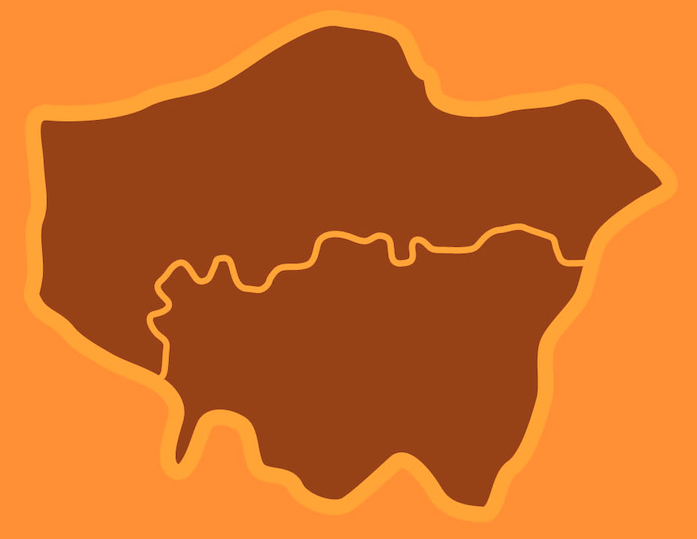Post
Saturday Morning Planning School 2019
30 Aug 2019
How did we get where we are today? For this year’s Planning School we shed light on the city’s last fifty years of urban development. Each week, we’ll explore a decade - its policies, its battles, its formative projects - from the mouths of those who know them best. We’ll try to explain how the policies and economics of each era led us to today, and just what we owe to the recent past.
The series of five classes runs each Saturday morning from 28 September to 26 October, and will be held in the wonderfully refurbished Old Waiting Room at Peckham Rye Station. You can block book all five classes and save 20% off - and non-members booking for all five classes will be given free London Society membership.
Our expert speakers include:
Prof. John Davies on the 1970s - Community planning was ascendant after a paternal state had built one too many tower blocks. The Westway was completed while Covent Garden was spared its own 4-lane ring road. While some were battling to save our streets others were rioting in them.
Eric Sorensen on the 1980s - Canary Wharf emerged, the Greater London Council was dissolved, Thatcher was in power and market economics ruled. This was the decade we rediscovered the River Thames and the power of the City.
Fred Manson on the 1990s - Bluewater, the British Library and the Millenium Dome arrived with fanfare, while the creeping gentrification of Hoxton Square pointed to more profound changes in the air.
Joanna Averley on the 2000s - London had a mayor, a plan and an urban task force. Kings Cross finally got developed and all over the city we saw the start of an urban renaissance… until there was a crash.
Sam Jacob on the 2010s - Localism gave communities new powers while local council budgets haemorrhaged. The Olympics proved we could put on a show for a global audience, but our housing crisis poses the question: who is the city for?
For full details and individual booking for each class just go to our forthcoming events page.
